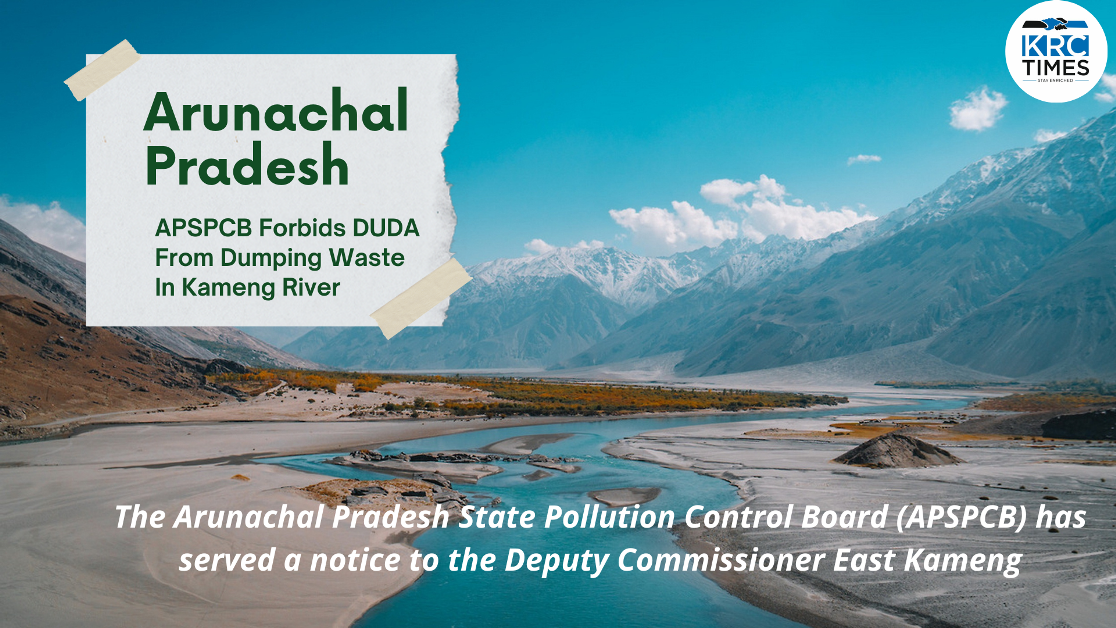The training aims to provide the community volunteers with the skills that they would need to respond to their community’s immediate needs in the aftermath of a disaster
 KRC TIMES Desk
KRC TIMES Desk

The Department of Disaster Management in collaboration with 12th Bn NDRF and SDRF is organizing 5 days State level Community Volunteers’ Training on Disaster response at 12 th Bn NDRF HQ Campus, Doimukh here today for Western Arunachal.
The training which aims to provide the community volunteers with the skills that they would need to respond to their community’s immediate needs in the aftermath of a disaster thereby enabling them to undertake basic relief and rescue tasks during emergency situations such as earthquake, floods, flash-floods, fire etc was attended by Secretary, Disaster Management (DM), Dani Salu, Director DM, Atul Tayeng, Officiating Commandant, 12th BN NDRF, Brijesh Kumar Upadhyay and Volunteers from Pakke Kessang, Leparada, East Kameng, Lower Siang, ICR.

Secretary DM, Dani Salu while giving the insight of Disaster management and measures taken to combat the natural disaster that besets the nation from time to time by Goi and the State said, our State Arunachal is a multi-hazard prone State and is highly susceptible to various types of disasters like earthquakes, lands slide, avalanche, flood, flash flood, clouds burst, fire accidents etc. Therefore, one or such disaster strikes one or the other part of our state all around the year, the present training module has been designed to prevent the occurrence of disaster with devastating effects wherever possible and carry out immediate rescue and relief activities in the event of disaster occurrence even after our preventive preparedness.
The Secretary DM further said, the all-important, preventives and preparedness activities can be initiated by each of us by adopting in our day to day activities, the safety measures in constructing our house to prevent damage during the earthquake and from fire accidents, avoiding places of flood-prone and landslide-prone areas, by taking care not to obstruct the natural flow of river and streams while constructing infrastructures, avoiding unnecessary earth cutting and forest clearance being careful in putting off fire in our fireplaces as well as in electric wiring, keeping oneself hygienic to prevents the spread of epidemics. The immediate relief and rescue activities involve handling the victims to survive the golden hour till regular medicinal attention can be given, to acquaint oneself with first aids handling to provide immediate food, water and shelter.
While appreciating the initiative taken by the Department of Disaster Management, NDRF and SDRF Salu asked all the volunteers participating in the programme to be equipped and empowered with better knowledge by the end of the training so that they can have hands-on training in preventing and combating the natural disasters in their place and locality.





